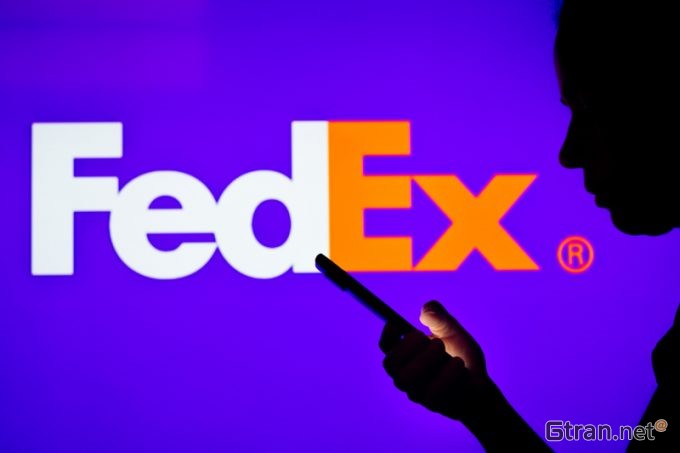FedEx is strengthening its grip on B2C e-commerce with a new returns service in the US.

Next year it will roll out a lower-cost option that leverages its network of FedEx Office stores and LTL capacity.
Consumers won’t have to bother with re-packaging unwanted purchases or using return labels. They simply use a QR code and drop off the items at one of about 2,000 FedEx Office locations, where returns are consolidated and moved to online merchants using FedEx Logistics.
The integrator is marketing the service, which was announced this week, as a ‘low-price option for shippers’.
“As the returns market grows, FedEx continues to explore innovative alternatives for our customers,” Ryan Kelly, VP of e-commerce and retail marketing at FedEx Services, said. “While this solution will provide a low-priced returns option for merchants, it’s also a simple, convenient process to help retailers deliver a shopper-friendly experience.”
FedEx is targeting a segment that is a massive headache for online sellers. According to a survey by the US National Retail Federation and software provider Appriss, on average retailers incurred $166m in returns for every $1bn in sales. In some sectors, like garments, more than 30% of online purchases are returned.
In 2020, goods worth $428bn were returned, noted Gaurav Saran, CEO of ReverseLogix, a provider of integrated returns management systems, while Abe Eshkenazi, CEO of the Association for Supply Chain Management, added that 20% or more of online retail purchases were returned, compared with 9% in bricks-and-mortar stores.
By one estimate, returns cost online retailers an average 21% of the order value, he said.
Soaring logistics costs, exacerbated by inflation, have forced merchants to reconsider their returns policy. Some, like fashion brand Gap, have cut their window for returns, while others, including Zara and Urban Outfitters, have begun to charge consumers a restocking or return fee.
However, the latter option is not viable for SME merchants, noted Rick Watson, founder and CEO of RW Commerce Consulting. Surveys of consumers have repeatedly indicated that many would not buy from sellers not offering free delivery and free returns. Large brands may have the clout to ignore this, but not small merchants, he said.
Omnichannel merchants try to induce shoppers to return unwanted purchases to their bricks-and-mortar outlets, and levying fees on sending back merchandise is one tactic in that direction. On top of saving the cost of getting the goods back, in-store returns open the door to additional sales. More than half the consumers who bring merchandise back to stores end up buying something else, according to one recent report.
For goods that are being sent back, any option that offers reduced costs is bound to find resonance in the market. FedEx didn’t have to re-invent the wheel to develop its new offering, as it could utilise some previous experience in consolidating returns. It has offered such a service to strategic customers in the past, so the new service is a similar offering to a broader market.
It may also be viewed as an indication that the LTL market has lost some of its lustre lately, freeing capacity to move returned merchandise.


